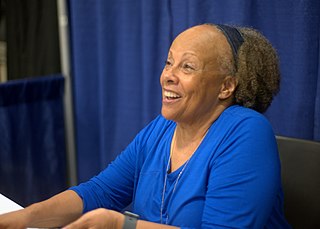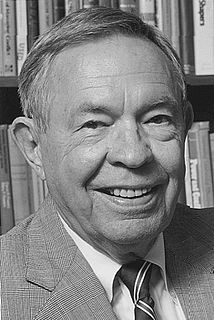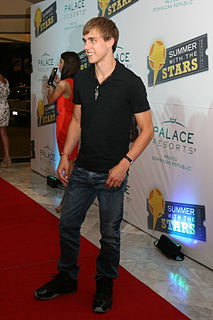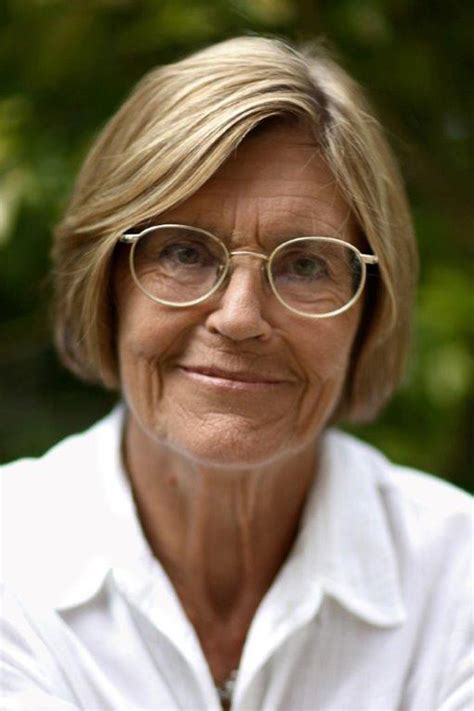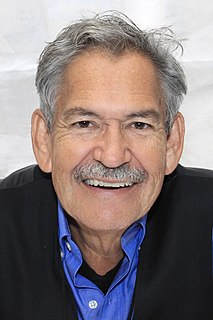A Quote by Jewell Parker Rhodes
I think it's always natural for children to rebel against their parents and establish their own identity. And also, I think parents get invested in, you know, doing the right thing? And so their anxiety about being good parents might, in a way, affect a relationship negatively.
Related Quotes
An adolescent does not rebel against her parents. She rebels against their power. If parents would rely less on power and more on nonpower methods to influence their children from infancy on, there would be little for children to rebel against when they become adolescents. The use of power to change the behavior of children, then, has this severe limitation: parents inevitably run out of power, and sooner than they think.
Let's ask their parents. And will those children point to their parents and tell us you really need to enforce the law against my parents? Because they know what they were doing when they caused me to break the law. I don't think we've thought through this very well. But there's a reason why in the president's DACA programs he didn't grant his unconstitutional executive amnesty to the parents of dreamers.
I think, at the end of the century we'll have a generation of parents and a generation of children who won't have had the deep satisfactions of being parents and being children in the way that they might have and are going to spend a lot of time fretting and worrying and being hovered over for nothing. The question isn't so much "What will happen in the long run?" but "What's happening to people's lives right now?"
Obviously there are many, many ways of being an outsider, but having immigrant parents is one of them. For one thing, it makes you a translator: there are all kinds of things that American parents know about life in America ,and about being a kid in America, that non-American parents don't know, and in many cases it falls on the kid to tell them, and also to field questions from Americans about their parents' native country.
I've always assumed that my parents and my in-laws would live with me when I get older and have children. I just assume it will happen and that it's the right way to do things. It's a deeply Indian custom - that you kind of inherit your parents and your spouse's parents and you take care of them eventually.
You must learn to look at people who are angry with you straight in the eye without getting angry back. When children see their parents treating them this way, they then recognize the parents' authority. It speaks louder than words. Their new respect for the parents is as good for them as it is for the parents. It never works to demand respect of children. It must be given willingly as a result of strength of good character in the parents, which is manifested by their non-reaction to stress in the children.
Love involves more than just feelings. It is also a way of behaving. When Sandy said, "My parents don't know how to love me," she was saying that they don't know how to behave in loving ways. If you were to ask Sandy's parents, or almost any other toxic parents, if they love their children, most of them would answer emphatically that they do. Yet, sadly, most of their children have always felt unloved. What toxic parents call "love" rarely translates into nourishing, comforting behavior.
Children make you confront your own childhood. Which I think is common. Suddenly you're remembering your own parents as parents, not to mention the fact that you're confronted by them as grandparents. So you also have that terrible shock, a mirror image of your own. You suddenly seem to be so helpless in the face of young children. And you think, "How did you ever bring up me?"
What parents teach is themselves, as models of what is human - by their moods, their reactions, their facial expressions and actions. These are the real things parents need to be aware of, and of how they affect their children. Allow them to know you, and it might become easier for them to learn about themselves.
What I have most learned from my son is to respect him and to love him unconditionally. I believe that if parents respect their children and educate them with love and justice (and not just with words, but with their own behavior) the relationship with their children will be wonderful. Then parents will always be proud of their children, and children will always be proud of their parents. There will be peace in the family, and the home will be a sanctuary.
